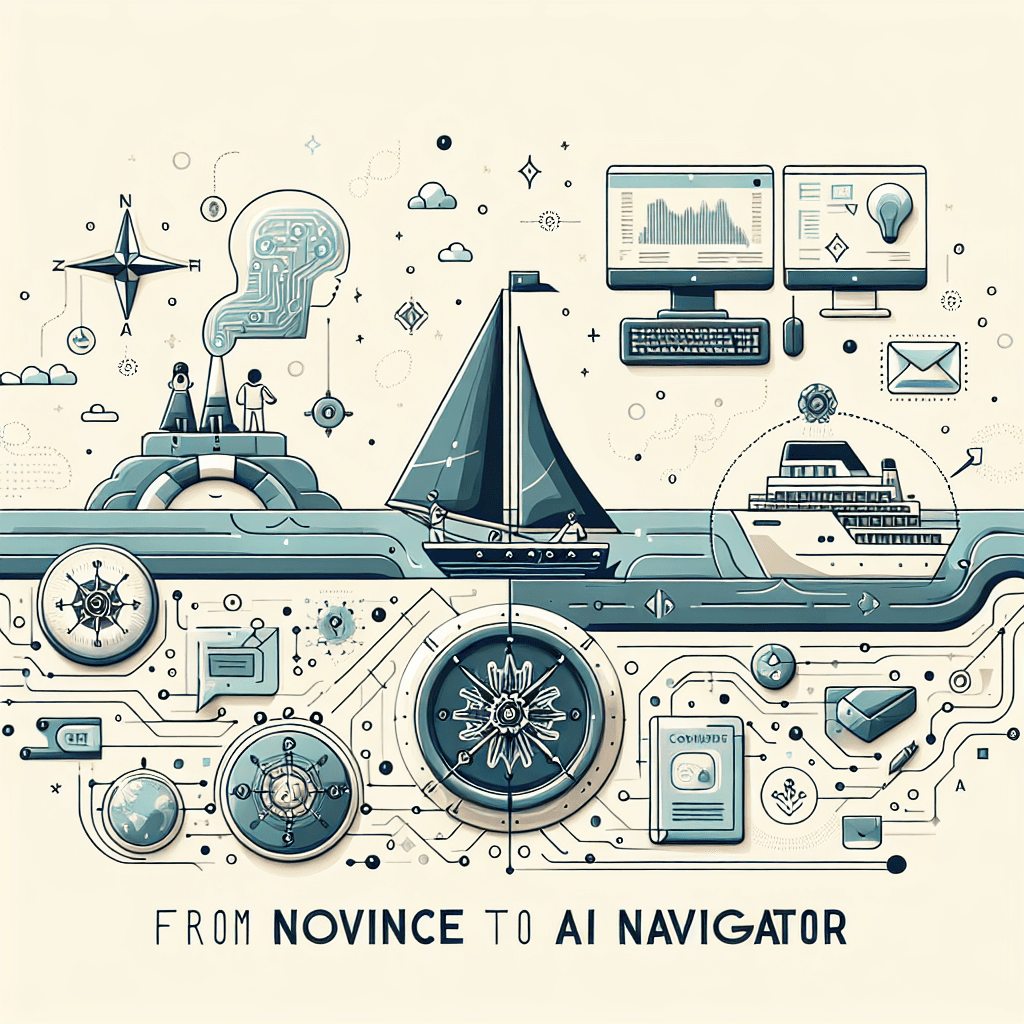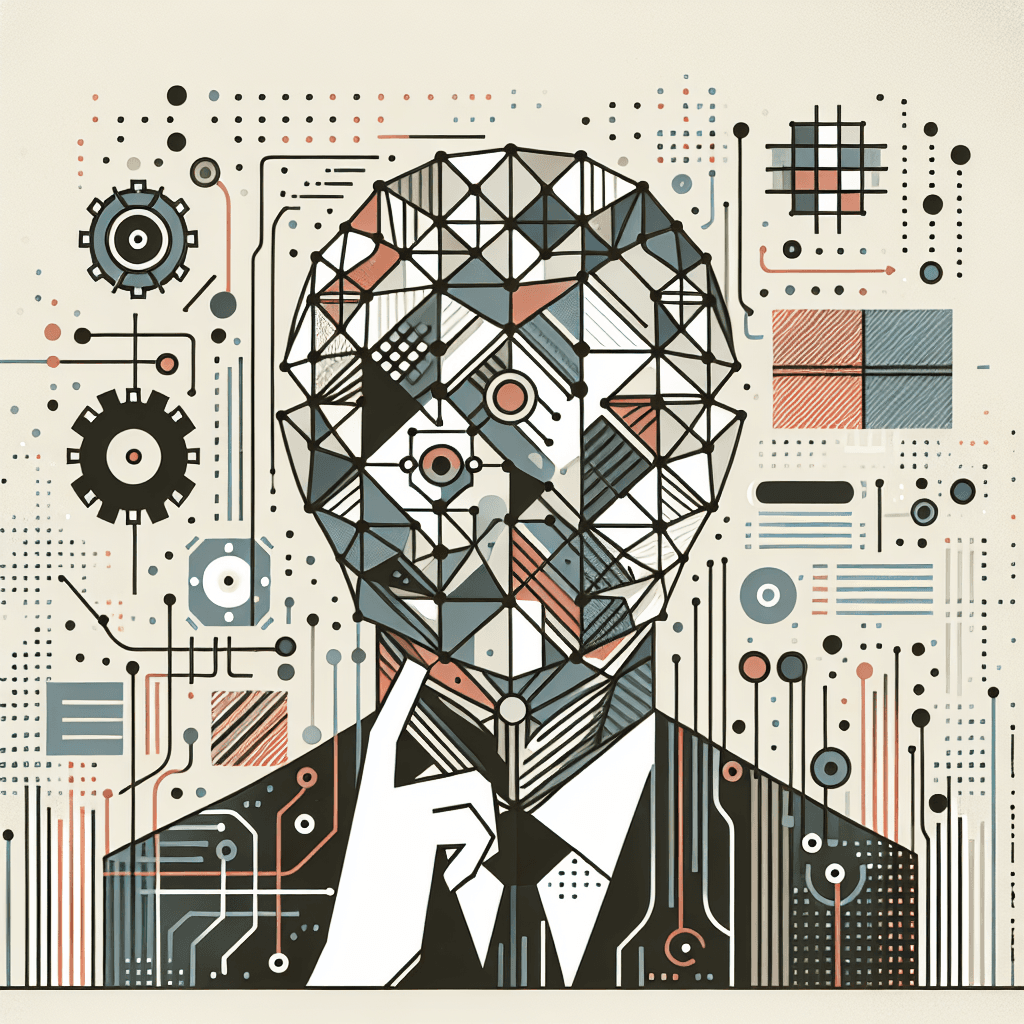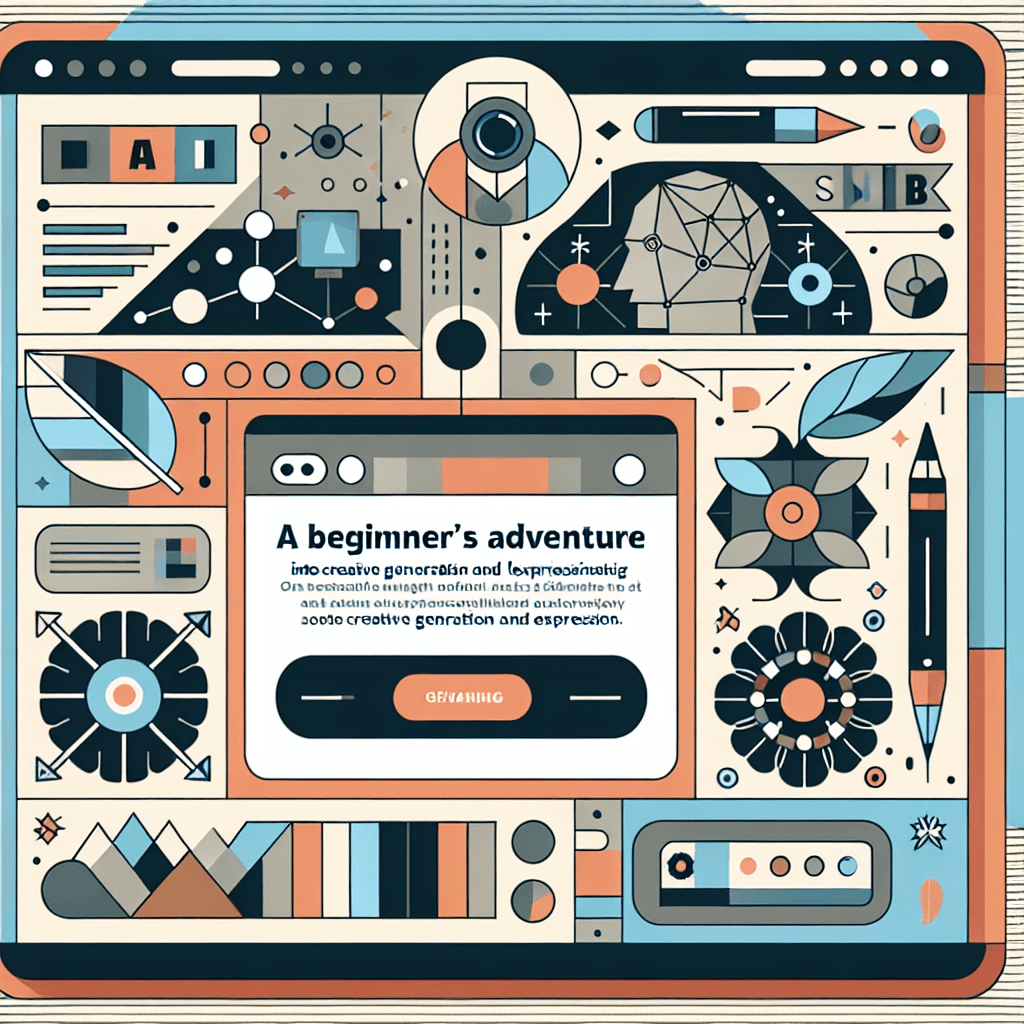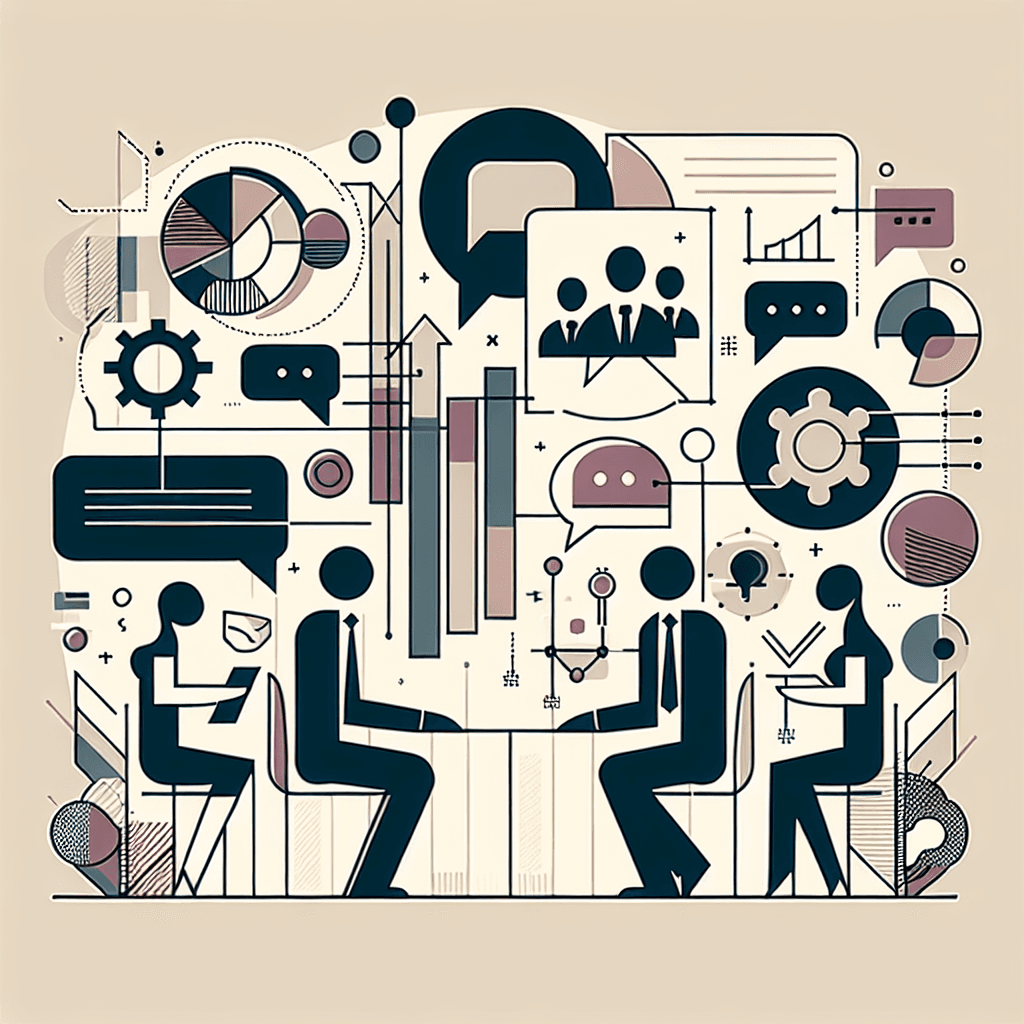From Novice to AI Navigator: Demystifying Artificial Intelligence for Beginners

Decoding AI: A Practical Guide for the Tech Novice
In the rapidly evolving world of technology, artificial intelligence has transformed from a futuristic concept into an everyday reality. As someone who's spent years demystifying complex tech for everyday users, I'm excited to break down AI in a way that makes sense for even the most tech-hesitant individuals.
What Exactly is AI?
At its core, artificial intelligence is like a smart assistant that learns and adapts. Imagine a computer system that can recognize patterns, make decisions, and even improve its own performance over time. It's not magic – it's sophisticated programming that mimics human-like learning and problem-solving.
Real-World AI in Action
Let me share a personal experience that might help. Recently, I was helping my 65-year-old mother navigate her new smartphone's AI-powered features. She was amazed when her phone's camera could automatically detect and enhance photo quality, or when her virtual assistant could schedule appointments just by listening to her conversation.
Key AI Technologies You Should Know
- Machine Learning: The backbone of AI that allows systems to learn from data
- Natural Language Processing: Helps computers understand and communicate in human language
- Computer Vision: Enables machines to interpret and understand visual information
Practical Applications That Matter
AI isn't just for tech giants. It's transforming:
- Healthcare diagnostics
- Personal productivity tools
- Customer service experiences
- Personalized entertainment recommendations
Navigating AI Safely and Smartly
While AI offers incredible opportunities, it's crucial to approach it with both excitement and caution. Forbes' AI ethics guide provides excellent insights into responsible AI use.
Tips for AI Beginners
- Start with user-friendly AI tools
- Protect your personal data
- Stay curious but skeptical
- Continuously learn and adapt
Understanding AI Limitations
Despite its impressive capabilities, AI isn't infallible. It relies on the data it's trained on, which means it can inherit human biases or make mistakes. Think of AI as a powerful tool that requires human oversight and critical thinking.
A Personal Learning Moment
I remember working with an AI writing assistant that initially produced generic content. By providing specific, nuanced feedback, I helped the system improve its output dramatically. This experience taught me that AI is a collaborative technology, not a replacement for human creativity.
Getting Started with AI
You don't need a computer science degree to explore AI. Platforms like Google's AI experiments offer playful, accessible ways to understand AI technologies.
Recommended First Steps
- Explore AI-powered apps on your smartphone
- Take free online courses
- Experiment with AI tools in your professional or personal life
- Join online communities focused on AI learning
The Future is Collaborative
The most exciting aspect of AI isn't about replacement – it's about enhancement. These technologies are designed to work alongside humans, amplifying our capabilities and solving complex problems more efficiently.
Final Thoughts
The world of AI might seem intimidating, but it's incredibly accessible. By approaching it with curiosity, critical thinking, and an open mind, anyone can become comfortable with these transformative technologies.
Technology is no longer about complicated codes and algorithms – it's about creating tools that make our lives easier, more productive, and more connected. AI is not a distant future; it's happening right now, and everyone can be a part of it.


